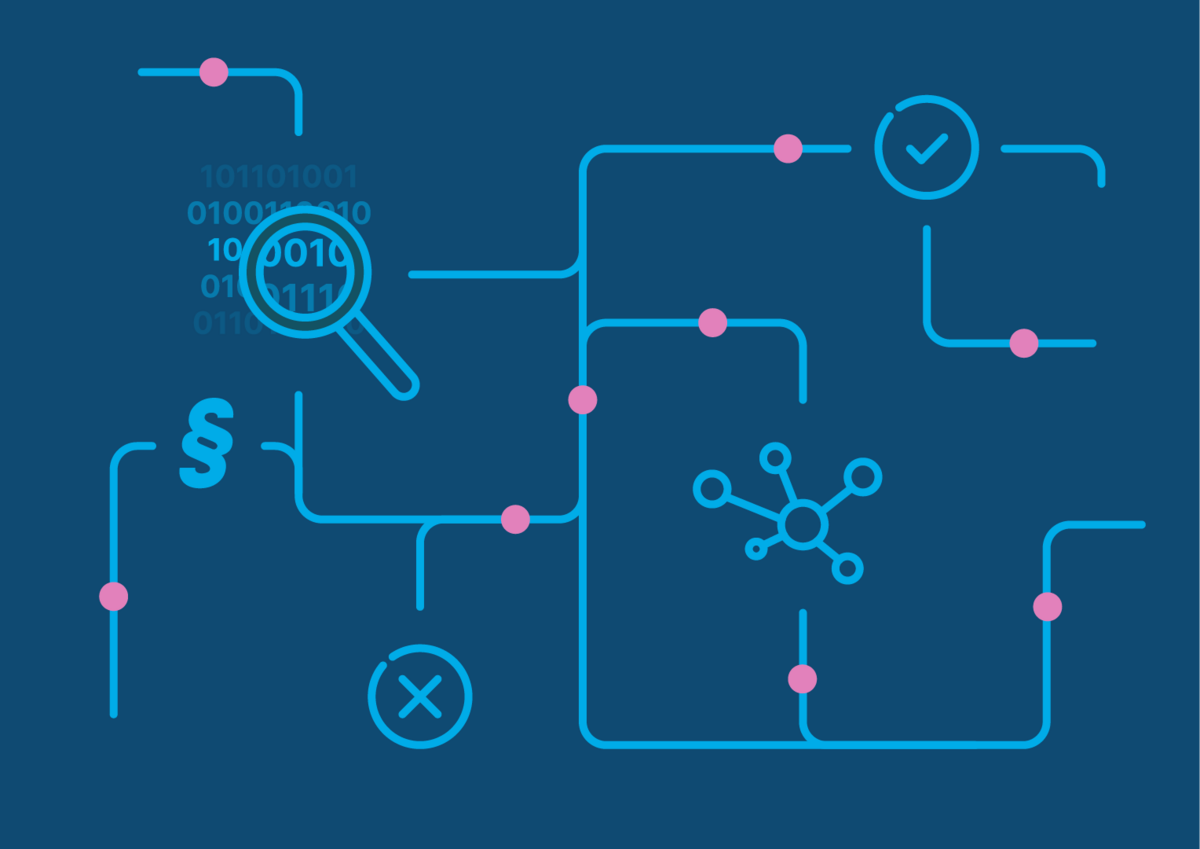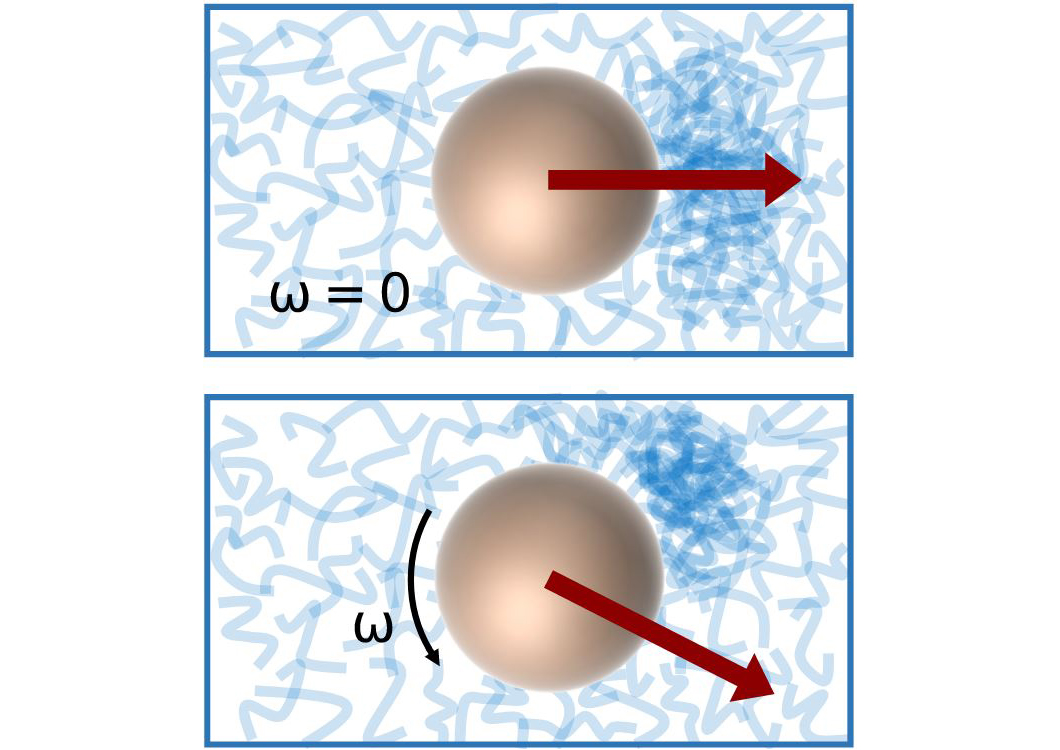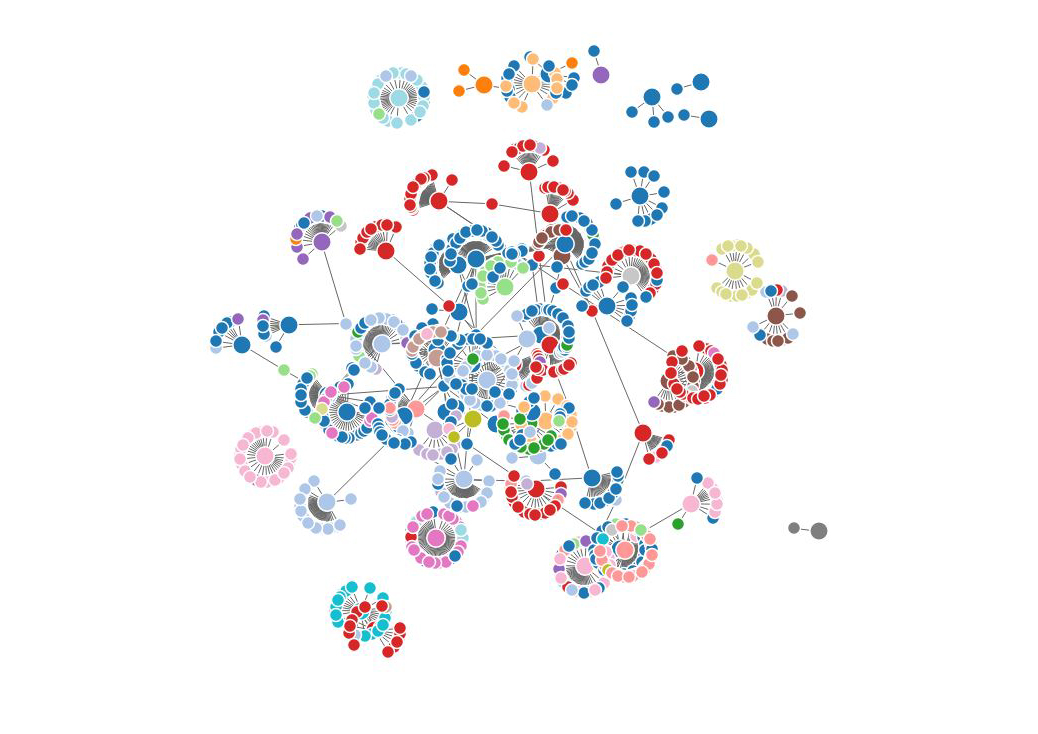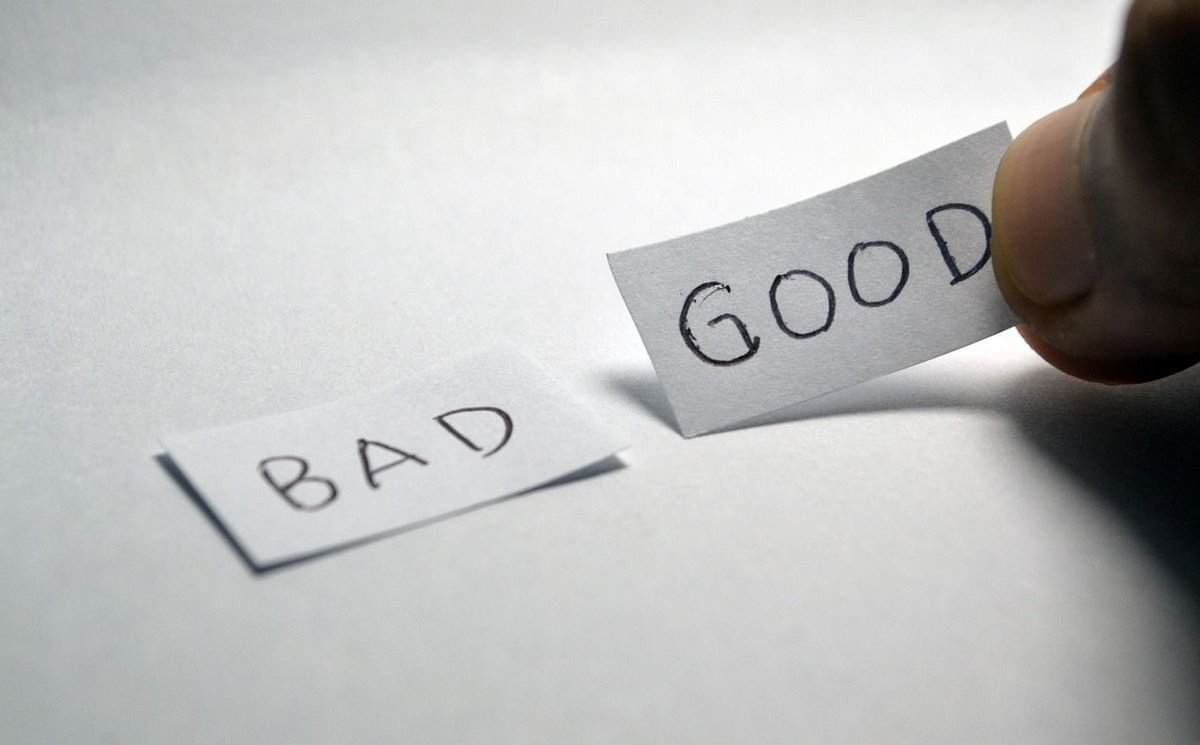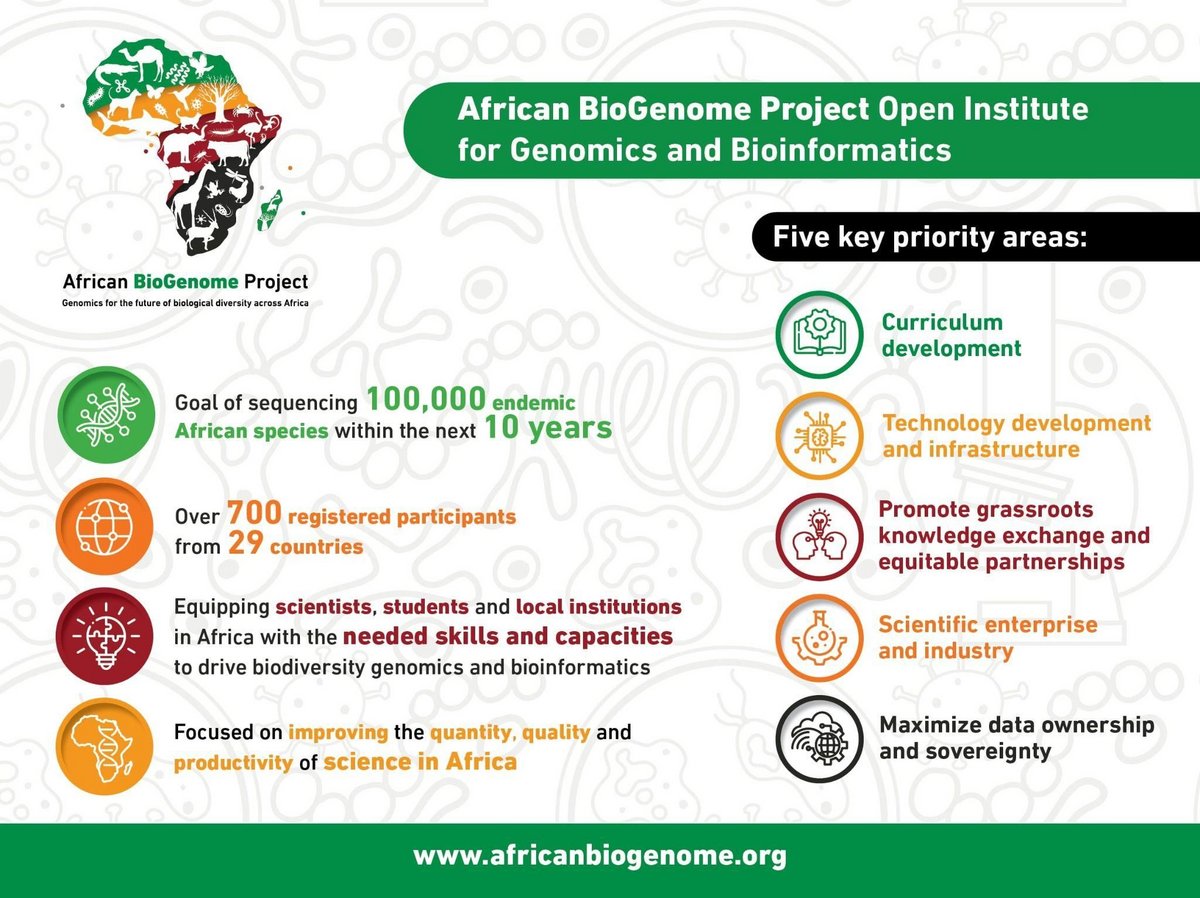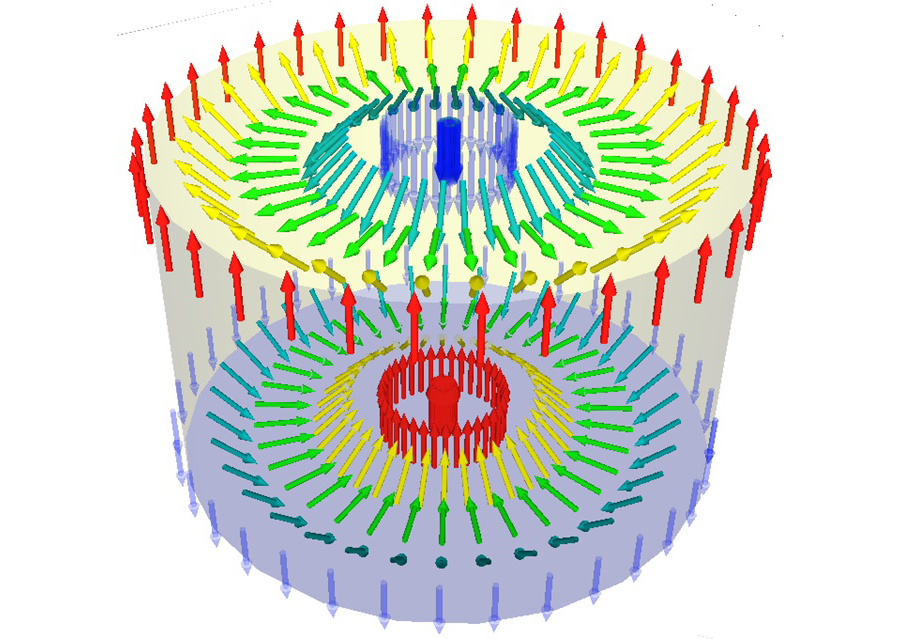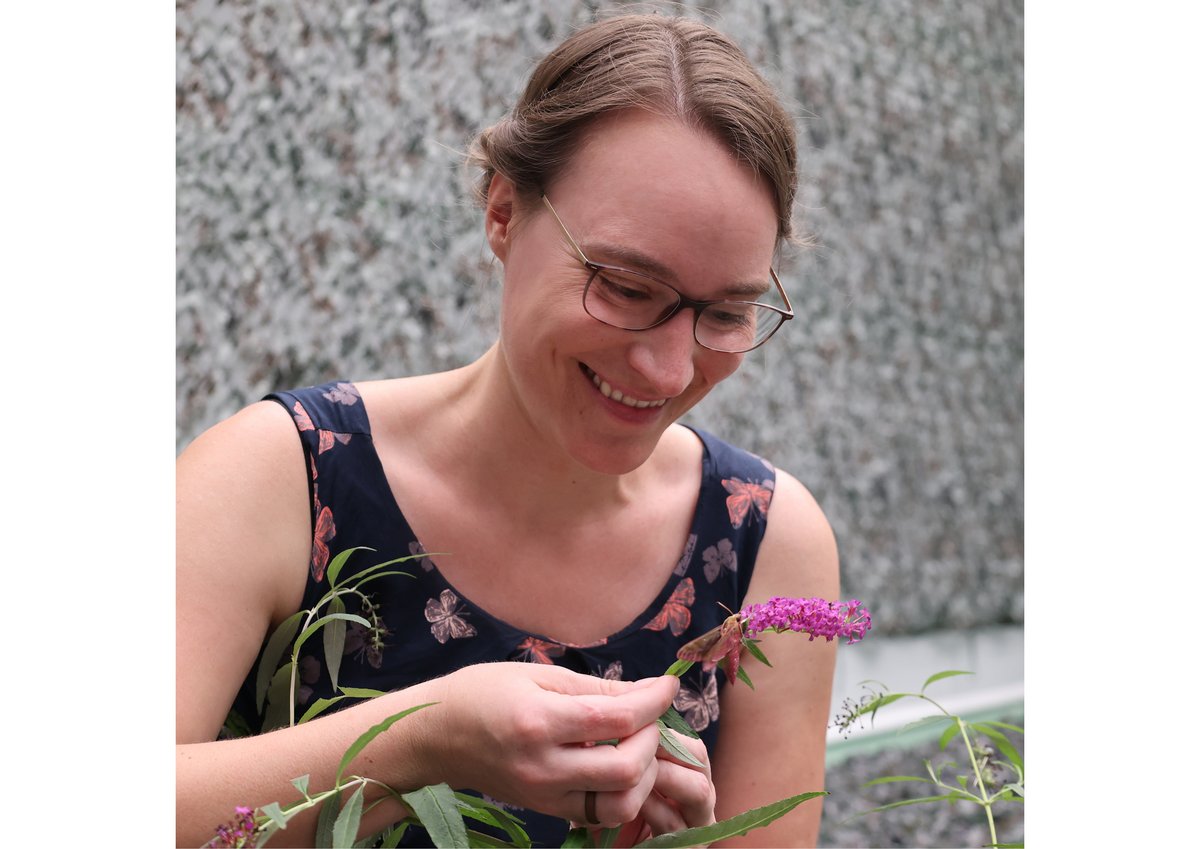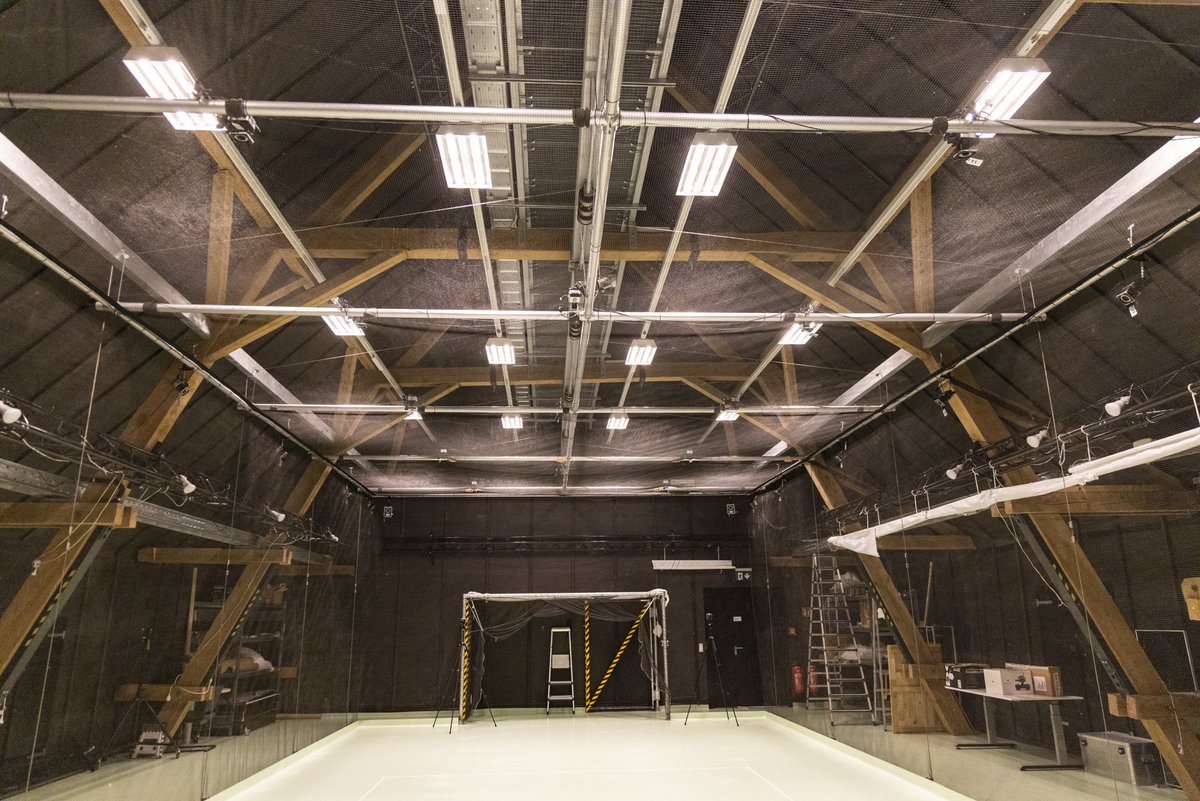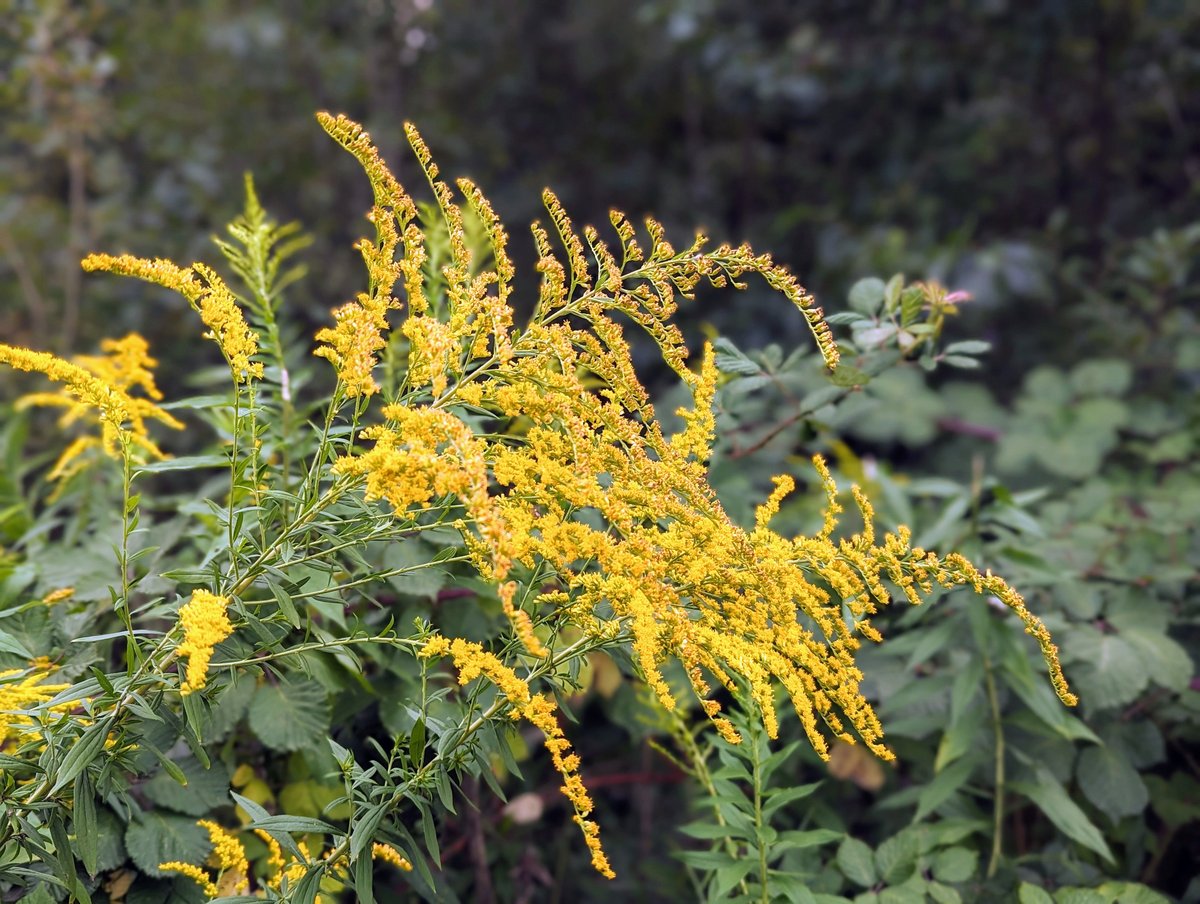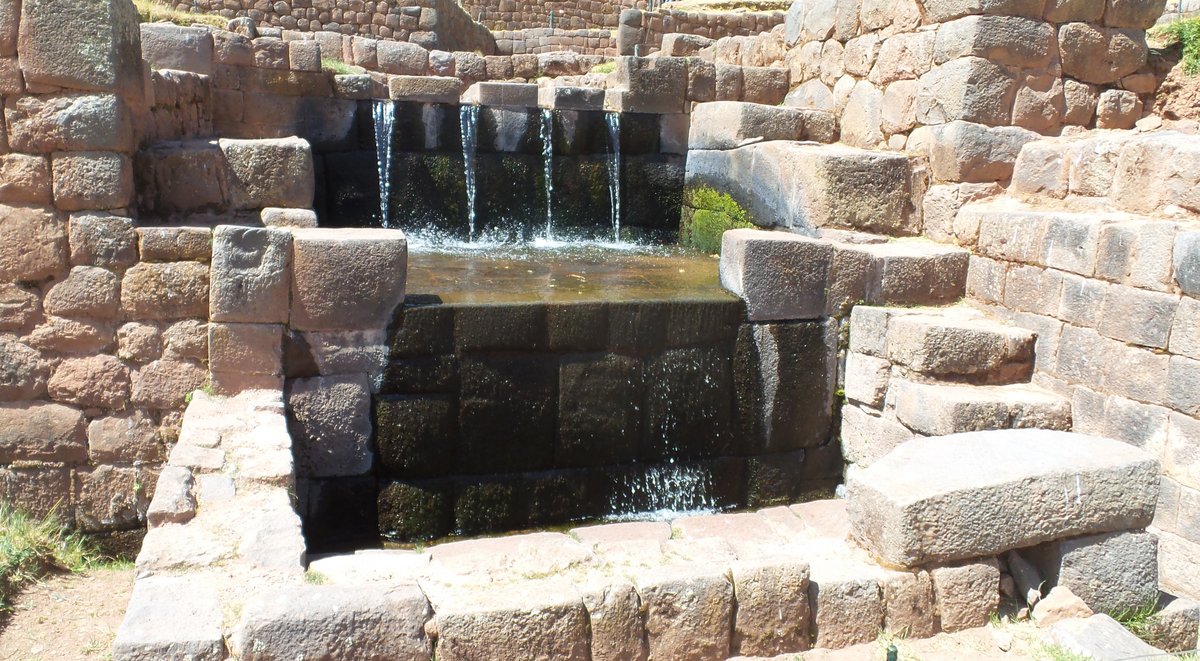
Enough water for everyone?
Whether infrastructure such as the supply of water is sustainable and how many people benefit from it depends on more than just technical factors. The decisive role cultural dimensions play in the context of infrastructure is one of the core topics that researchers at the Centre for Cultural Inquiry (ZKF) at the University of Konstanz are investigating.
Read more
